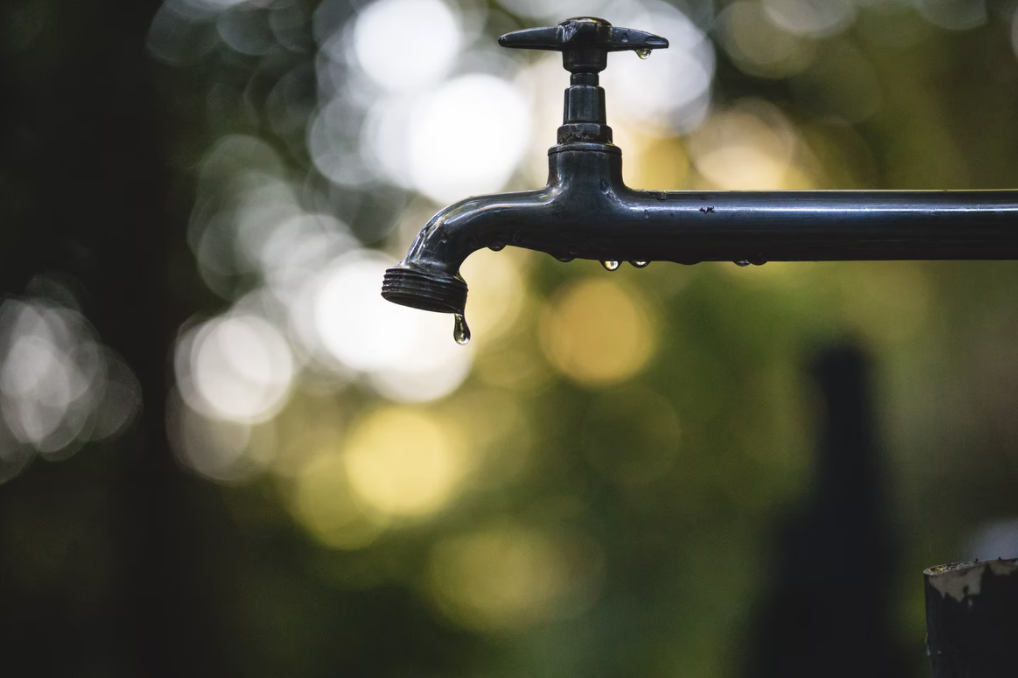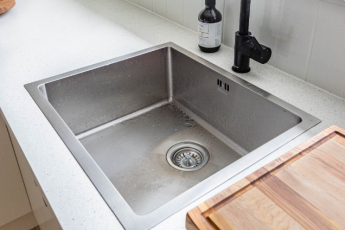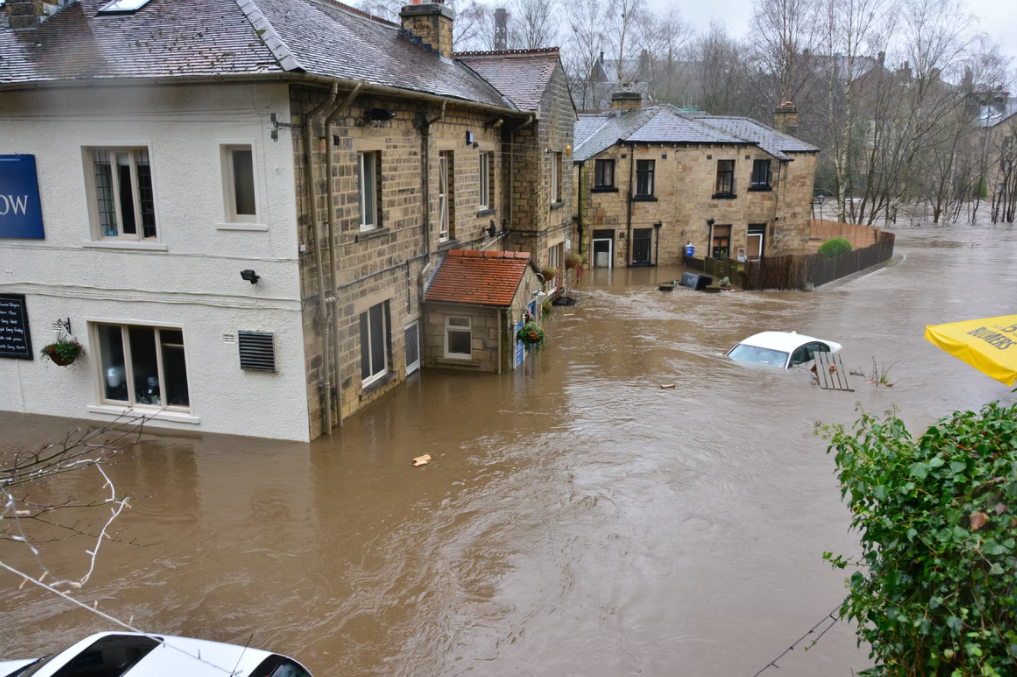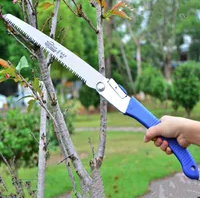Top Causes of Water Damage in Billings Homes & How to Prevent Them
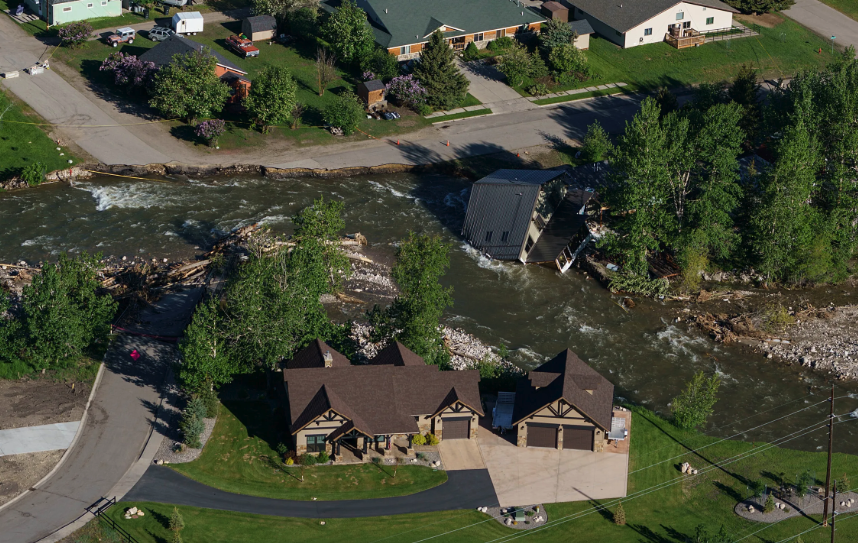
Water damage to your home can cause so many problems, here is how you can prevent your home from the next disaster!

Water damage is one of the most common yet destructive issues homeowners face in Billings, MT. Whether it’s caused by weather-related events or plumbing issues, water damage can quickly escalate and lead to costly repairs if not addressed promptly. In this article, we will explore the water damage Billings MT residents face, the top causes of water damage in homes, and essential steps to prevent it.
The Growing Concern of Water Damage
Billings, MT, experiences a variety of weather conditions, from heavy rains to freezing winters. These conditions can lead to water damage if proper precautions aren’t taken. Left unchecked, water can infiltrate homes, affecting the structure, interiors, and even creating potential health hazards. Understanding the causes of water damage and taking preventive measures is crucial for every homeowner.
Top Causes of Water Damage in Billings Homes
- Leaky Roofs and Damaged Shingles
One of the most common causes of water damage in homes is a leaky roof. Roofs are constantly exposed to the elements, and over time, wear and tear can cause shingles to crack, break, or lift, allowing water to seep through. Rainwater can accumulate in your attic, leading to mold growth, wood rot, and ceiling damage.
Prevention Tips:
- Regular Inspections: Have your roof inspected at least once a year, especially after major storms.
- Shingle Replacement: Replace damaged shingles promptly to avoid leaks.
- Gutter Maintenance: Clean gutters regularly to ensure rainwater flows freely away from your roof.
- Faulty Plumbing and Burst Pipes
Plumbing issues are another significant cause of water damage. Old or deteriorating pipes can crack, leak, or burst, causing water to flood parts of your home. Burst pipes can occur suddenly, especially during the cold winter months when water inside pipes freezes and expands, putting pressure on the plumbing system.
Prevention Tips:
- Pipe Insulation: Insulate pipes in colder areas of your home to prevent freezing.
- Routine Plumbing Checks: Schedule regular plumbing inspections to detect weak or corroded pipes.
- Know Your Shutoff Valve: Learn where your main water shutoff valve is and how to use it in case of emergencies.
- Poor Drainage Systems
Inadequate drainage systems can lead to water pooling around your foundation, resulting in water infiltration into your basement or crawl space. This issue is especially prevalent during heavy rains or snowmelt, when water has nowhere to go but inside your home.
Prevention Tips:
- Grade Your Yard Properly: Ensure that your yard slopes away from your home to direct water away from the foundation.
- Install a French Drain: This system helps redirect water away from your property’s foundation.
- Maintain Your Downspouts: Ensure that downspouts direct water at least 3 to 5 feet away from your home.
- Clogged Gutters
When gutters are clogged with debris, water can overflow and pool around the foundation, increasing the risk of water damage. This issue is especially prevalent during the fall when leaves and twigs easily accumulate in gutters. Overflowing water can seep into your basement, causing damage to walls and flooring.
Prevention Tips:
- Gutter Cleaning: Clean gutters and downspouts at least twice a year, especially before and after the fall season.
- Gutter Guards: Install gutter guards to prevent debris from collecting in the first place.
- Ensure Proper Gutter Slope: Make sure that gutters are properly sloped toward the downspouts to ensure smooth water flow.
- Basement Leaks and Moisture
Basements are particularly vulnerable to water damage, especially if they’re prone to leaks or moisture buildup. High humidity levels or cracks in the foundation can allow water to seep in, leading to mold growth and structural damage. Basements are also prone to flooding during heavy rains or when the groundwater table rises.
Prevention Tips:
- Install a Sump Pump: A sump pump can help remove water from your basement in case of flooding.
- Waterproof Your Basement: Consider applying a waterproof sealant to basement walls to prevent water infiltration.
- Dehumidifiers: Use a dehumidifier to control moisture levels and prevent mold growth.
- Appliance Malfunctions
Water-using appliances like dishwashers, washing machines, and refrigerators can leak or malfunction, causing localized water damage. Even small leaks from appliances can lead to significant water damage over time, especially if they go unnoticed.
Prevention Tips:
- Inspect Appliances Regularly: Check appliances for leaks and wear. Pay attention to hoses and connections that might weaken over time.
- Use Leak Detectors: Install smart water leak detectors near appliances to catch leaks early.
- Maintain Appliances: Follow the manufacturer’s instructions for proper maintenance and timely repairs.
- Flooding from Storms and Natural Disasters
Billings, MT, is no stranger to heavy rainfall, snowmelt, and even occasional flooding. Severe weather conditions can lead to water pooling in areas where drainage is insufficient, or rivers may overflow and inundate properties. Flooding can cause extensive water damage to homes and may even lead to long-term structural issues.
Prevention Tips:
- Flood Barriers: Install flood barriers or sandbags around the perimeter of your home to block floodwaters.
- Elevate Electrical Systems: If you live in a flood-prone area, consider elevating electrical outlets, HVAC units, and other essential systems above flood levels.
- Emergency Plan: Create an emergency evacuation plan and make sure your home is well-prepared for storms.
How to Prevent Water Damage in Your Home
Water damage prevention starts with regular maintenance and taking quick action when issues arise. The best way to protect your home is to stay proactive and vigilant about potential water damage threats.
General Prevention Tips:
- Regular Inspections: Schedule annual inspections of your roof, plumbing, gutters, and foundation.
- Quick Repairs: Address any leaks or cracks immediately to prevent water from entering your home.
- Monitor Humidity Levels: Use dehumidifiers and ensure proper ventilation to prevent moisture buildup.
Conclusion
Water damage can be devastating to a home, but with proper prevention techniques, homeowners in Billings, MT, can significantly reduce the risk. By understanding the top causes of water damage and taking proactive steps to address them, you can protect your home from the destructive effects of water. Whether it’s regular maintenance, timely repairs, or proper yard grading, keeping an eye on potential water damage issues is essential for safeguarding your property.
If you do encounter water damage, don’t hesitate to call a professional restoration company. The sooner you address the issue, the less extensive the damage will be, helping you preserve your home and belongings.


